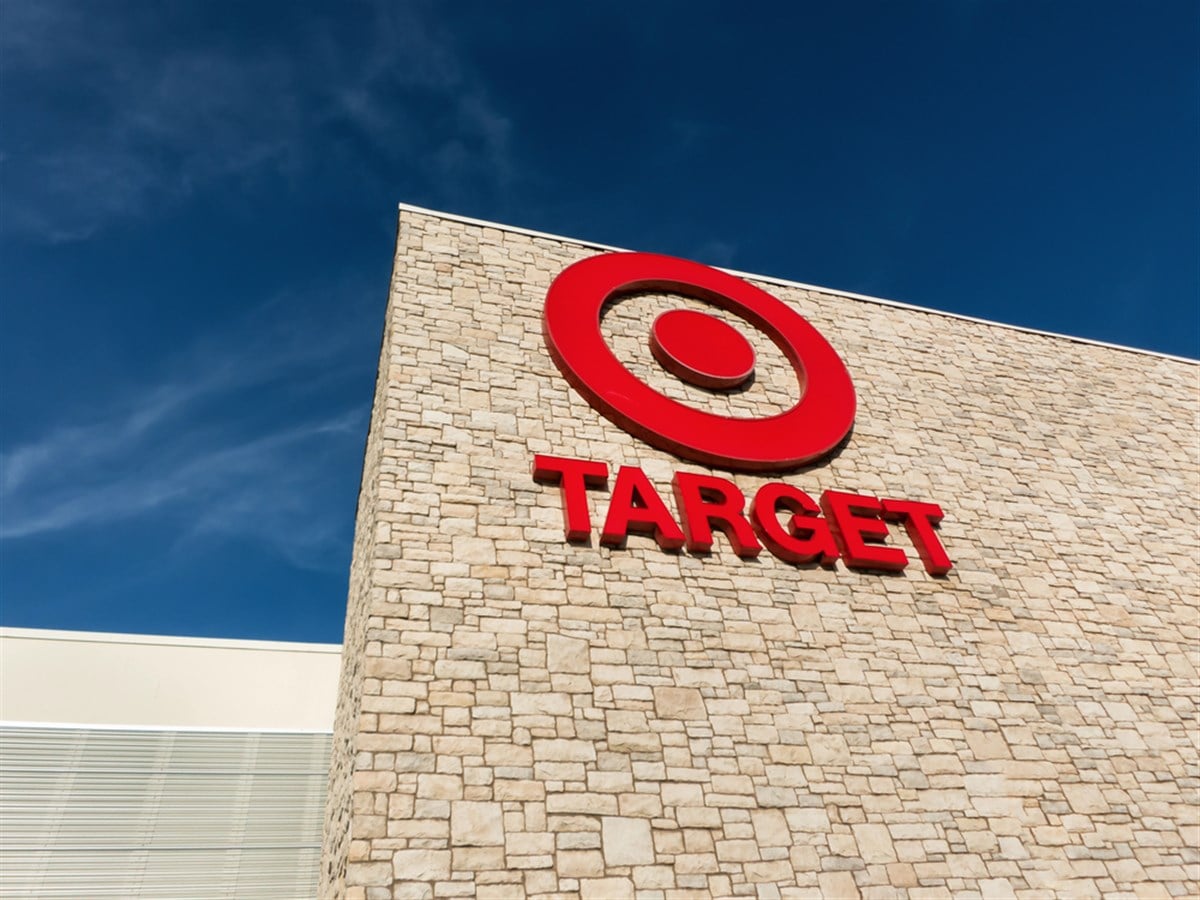
Investing in stocks differs from buying bonds and other vehicles like commodities because they are exposed to two different cycles. Bonds perform based on the credit cycle set by the Federal Reserve (the Fed), and commodities perform based on the demand and supply cycle they also encounter; stocks, well, a bit of both and then some.
Consumer stocks are exposed to both the credit and demand and supply cycles of their underlying products or services. Still, they depend on the capital cycle management takes on throughout the other two cycles. Some companies must invest a lot of capital during a particular cycle phase, only to see it generate returns on the other end of the spectrum, which can hurt or benefit stock prices.
This is why today, Target (NYSE: TGT) is the perfect stock to consider looking at for a cycle upswing, for reasons that management thoroughly prepared shareholders for. The returns on investment in this business are at cyclical lows, but that could soon turn into new highs for profitability. Analysts have taken notice of this upcoming trend, and price action favors the idea.
Target - Is Former Glory Still a Thing?
Target stock was a stellar performer in the 2019 to 2021 cycle, where it rose by as much as 267% despite the United States (the only place the company operates) being in the middle of the worst economic environment it has experienced since the financial crisis of 2008.
So, what did the company do during these bullish years? Seeing that their net income rose by as much as 48% during the time, with a massive 221% jump in free cash flow (operating cash flow minus capital expenditures), management decided to take a controversial route.
You can see how well Target’s financials did here. But apart from this analysis, you will notice how, from 2022 until today, the picture took a wild turn for the “worse.” The stock sold off from its previous high, down to a low of $103 a share; that’s a 62% decline, by the way!
The decline in the stock can be attributed to a similar 60% contraction in net income, accompanied by a more than 100% fall in free cash flow, which was a loss of $1.5 billion in 2023. Most investors will naturally shy away from a stock burning down profits and cash flow like that, but here’s a second thought.
Most companies would have just paid a dividend, bought back stock, and even paid themselves a big bonus for such an outstanding performance. Not Target, though; they wanted to lock in their newfound position in the market and ensure that shareholders keep seeing the compounding effects they are used to seeing in Warren Buffett stocks.
In its annual report, Target describes its plans to spend $5.2 billion 2023 out of its operating cash flows. A nationwide initiative to redesign and restructure its existing stores allows Target to handle its stratospheric growth in demand more efficiently and efficiently.
Target Looking Far Ahead
These new store designs will act as a hub for logistics, posing a margin expansion opportunity by reducing costs across many stores. They are also making space for a few tenants to move in and drive even more traffic to their locations.
Ulta Beauty (NASDAQ: ULTA) and Starbucks (NASDAQ: SBUX) will now be found in most Target stores upon these redesigns. Understanding the positive effects that these changes will likely have on the stock, analysts at Oppenheimer and Wells Fargo (NYSE: WFC) recently boosted their price targets.
At a respective recommendation for the $170 and $165 price target, these firms see an upside of 11% and 8% from where the stock trades today. This, of course, comes as an added bonus to the annual dividend yield of nearly 3%, which is an additional testament to how well-managed the business is.
Another stock that suffered a similar fate to Target is Walt Disney (NYSE: DIS), which burned a lot of free cash flow into streaming initiatives that didn’t necessarily pay out how shareholders expected, but that stock is now well on its way back to generating the types of margins that drive value investors straight to buying.
On a free cash flow yield basis, calculated as free cash flow divided by total equity, Target used to generate up to 38% for an outstanding metric head and shoulders above the industry.
Today, this metric sits at a ten-year low due to these heavy investments. Still, while some see this as a negative, it's actually an opportunity in disguise.
Once these property redesigns are done, profits start being made from the investments, and free cash flow and capital return to those high historical figures; the stock carries a high probability of following suit to its previous highs.






